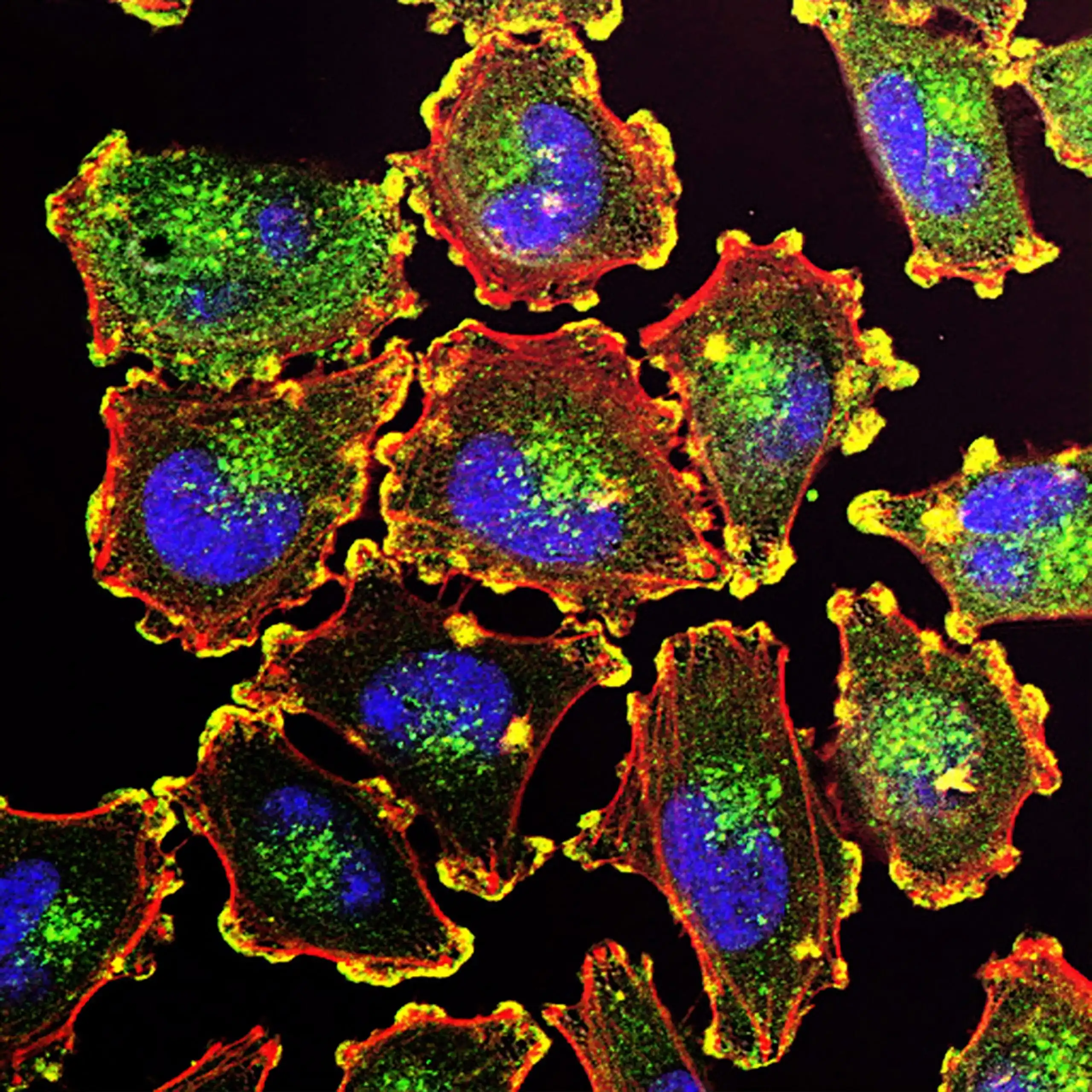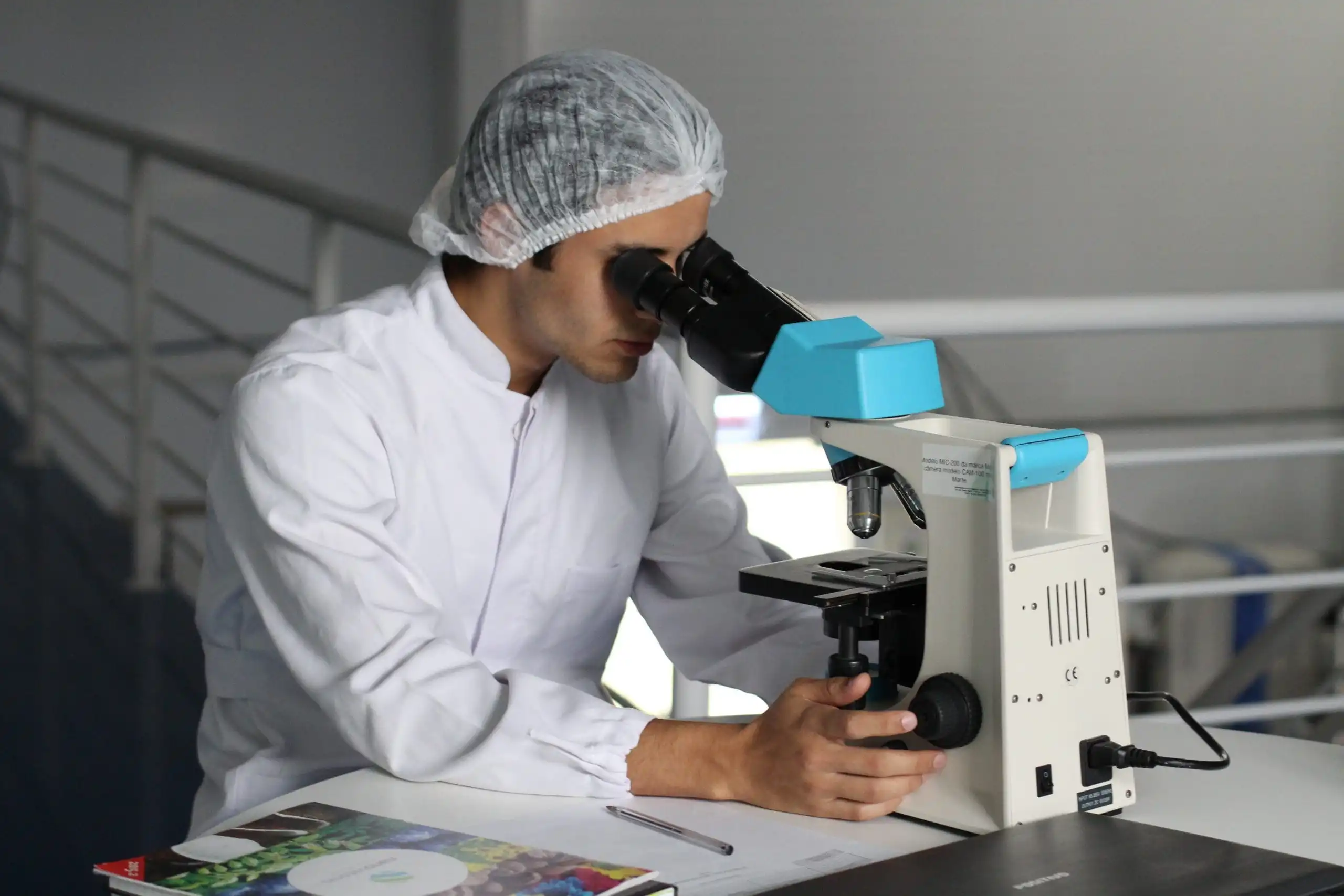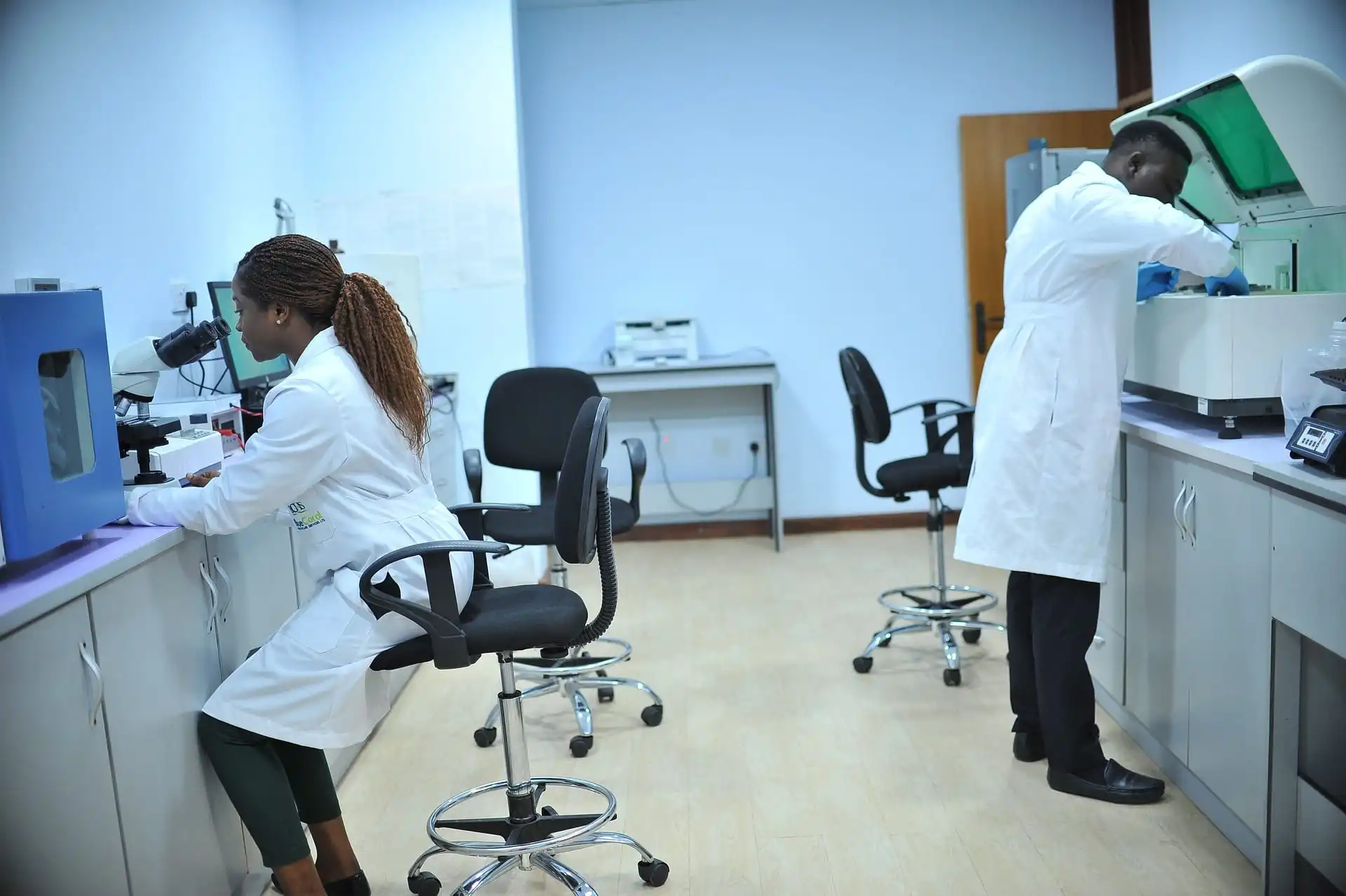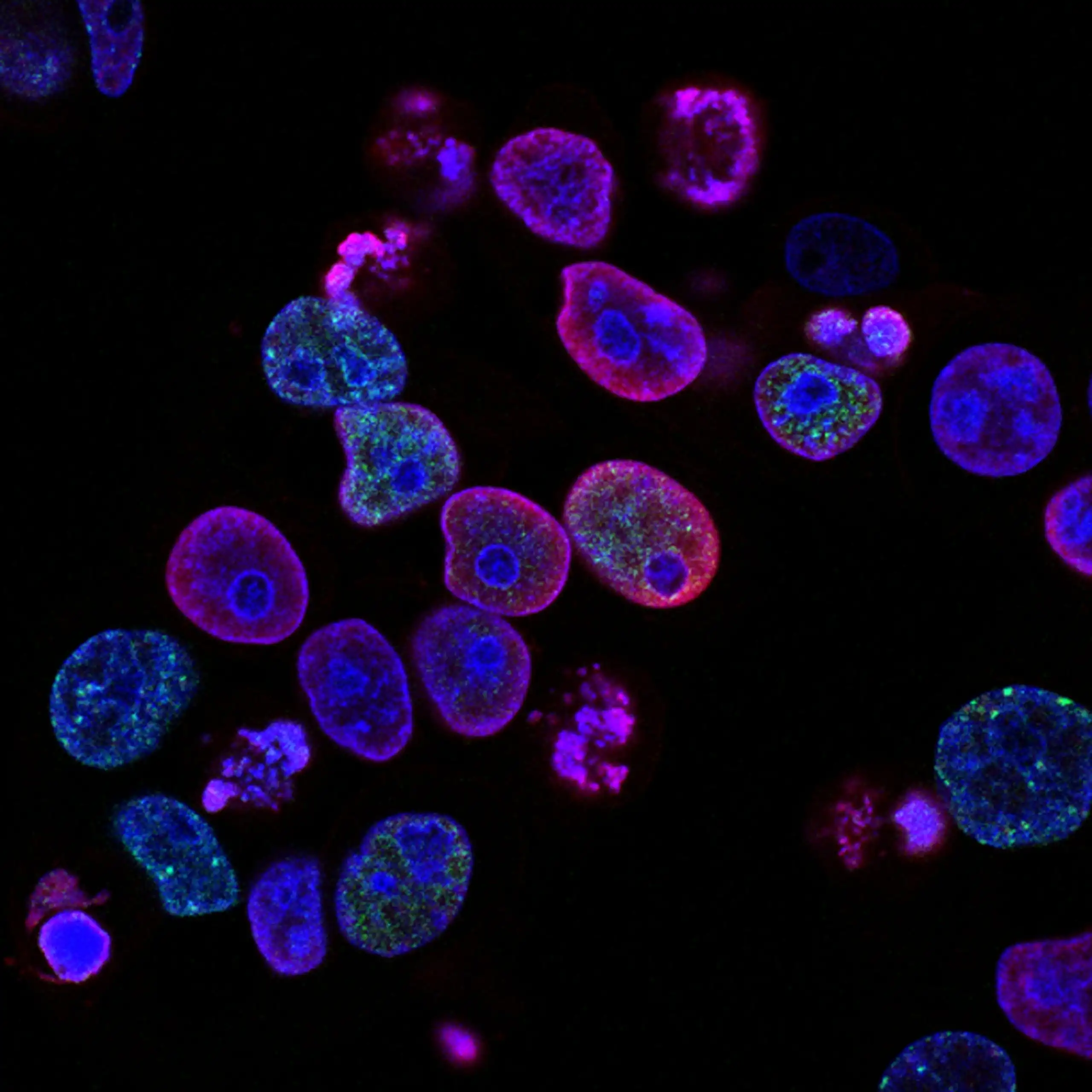
Photo madison lavern
In recent years, a profound shift has occurred in consumer behavior, with an increasing number of individuals adopting a health-conscious lifestyle. This growing awareness of personal well-being has not only impacted the food and fitness industries but has also cast a spotlight on the pharmaceutical sector. This article explores the dynamic relationship between health-conscious consumers and the pharmaceutical industry, examining how changing consumer preferences and attitudes are reshaping the landscape of healthcare.
Want to buy GMP API pharmaceutical ingredients ?
MedicaPharma ensures access to GMP active pharmaceutical ingredients across multiple resilient global supply chains. Click here to view a full GMP API product list.
MedicaPharma is capable of supplying all GMP materials needed; our experience with sourcing materials that are difficult to obtain makes us the ultimate choice; just challenge us, we will find any material you need.
Add your Chemical Name below and click GO!
Get your requested raw materials quotation
Table of Contents
The Rise of Health-Conscious Consumers:
The 21st century has witnessed a significant rise in health-conscious consumers, individuals who prioritize their physical and mental well-being. Factors such as increased access to information, a focus on preventive healthcare, and a desire for a higher quality of life have fueled this trend. As a result, people are not only making healthier lifestyle choices but are also demanding transparency and accountability from industries that impact their well-being.
Get your requested raw materials quotation
Consumer Empowerment and Information Accessibility:
One of the driving forces behind the health-conscious consumer trend is the unprecedented access to information. The internet, social media, and mobile applications have empowered individuals to educate themselves about various health-related topics. Consumers are now more informed about the benefits and risks associated with different lifestyles, diets, and medications.
This increased awareness has led to a shift in the way consumers approach their health. They are actively seeking out products and services that align with their values and contribute to their overall well-being. This shift is not limited to the food and fitness industries; it has permeated into the pharmaceutical sector as well.
The Changing Pharmaceutical Landscape:
Traditionally, the pharmaceutical industry has been perceived as reactive, focused on developing drugs to treat illnesses rather than preventing them. However, the rise of health-conscious consumers has prompted a shift in the industry’s approach. There is a growing emphasis on preventive medicine, lifestyle drugs, and wellness-oriented solutions.
Pharmaceutical companies are now investing in research and development that caters to the preferences of health-conscious consumers. This includes the development of medications that not only treat existing conditions but also contribute to overall health and longevity. Moreover, there is a notable increase in partnerships between pharmaceutical companies and wellness brands, creating a synergy between traditional medicine and holistic health.
Transparency and Accountability:
As health-conscious consumers seek to take control of their well-being, they demand transparency and accountability from the pharmaceutical industry. This has led to increased scrutiny of drug pricing, manufacturing processes, and the ethical considerations surrounding clinical trials.
Pharmaceutical companies are responding to this demand by adopting more transparent practices. Some are publishing detailed information about drug development costs, ensuring that consumers are aware of the factors influencing drug prices. Additionally, there is a growing commitment to ethical conduct in clinical trials, with an emphasis on providing accurate and unbiased information to participants.
The Role of Technology in Bridging Gaps:
Technology has played a pivotal role in fostering a closer relationship between health-conscious consumers and the pharmaceutical industry. Mobile applications, wearable devices, and telehealth services have become integral tools in managing personal health. Pharmaceutical companies are leveraging these technologies to provide consumers with real-time information, personalized treatment plans, and remote monitoring options.
For instance, wearable devices can track vital signs and share data with healthcare providers, enabling a more proactive approach to health management. Telehealth services allow consumers to consult with healthcare professionals from the comfort of their homes, promoting accessibility and convenience. These technological advancements not only cater to the preferences of health-conscious consumers but also enhance the overall healthcare experience.
Get your requested raw materials quotation
Challenges and Opportunities:
While the evolving relationship between health-conscious consumers and the pharmaceutical industry presents numerous opportunities, it also poses challenges. One of the main challenges is the need for the industry to adapt quickly to changing consumer expectations. Pharmaceutical companies must be agile in their approach to research and development, ensuring that they stay ahead of emerging health trends.
Moreover, the demand for transparency and accountability requires pharmaceutical companies to navigate complex regulatory landscapes. Striking a balance between profitability and ethical practices is essential for building and maintaining trust with health-conscious consumers.
On the flip side, this shift in consumer behavior presents significant opportunities for innovation and collaboration within the pharmaceutical industry. Companies that prioritize preventive medicine, focus on holistic health solutions, and embrace technology are likely to gain a competitive edge in this evolving landscape.
Where to Buy Pharmaceutical Products
MedicaPharma is an EU-based pharmaceutical distribution partner that collaborates with CMOs to provide GMP-certified active pharmaceutical ingredients (APIs) to clients worldwide. Click here for a product list.
Conclusion
The relationship between health-conscious consumers and the pharmaceutical industry is undergoing a transformative phase. As consumers become more proactive in managing their health, the pharmaceutical industry is adapting to meet these changing needs. The shift towards preventive medicine, transparency, and technological integration reflects a shared commitment to improving overall well-being.
Ultimately, this evolving relationship has the potential to reshape the future of healthcare, fostering a collaborative approach between consumers and the pharmaceutical industry. As both parties work together to prioritize health and wellness, the result may be a healthcare system that is not only responsive to individual needs but also proactive in promoting a healthier society.



















